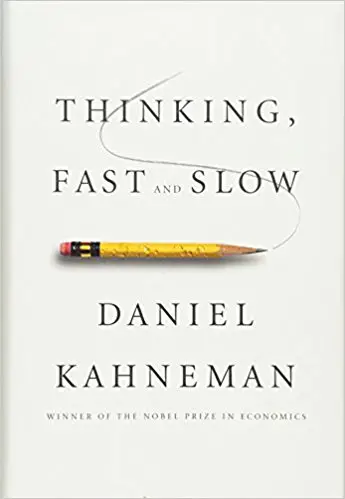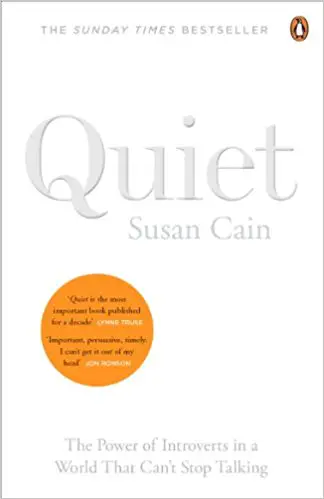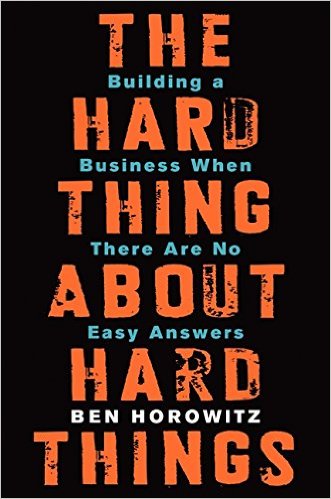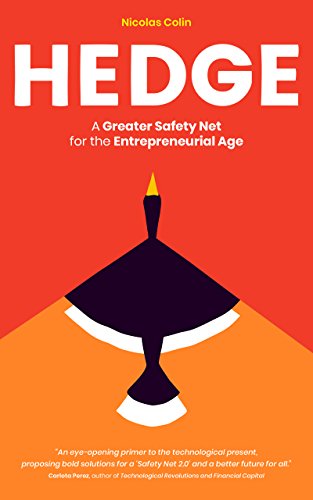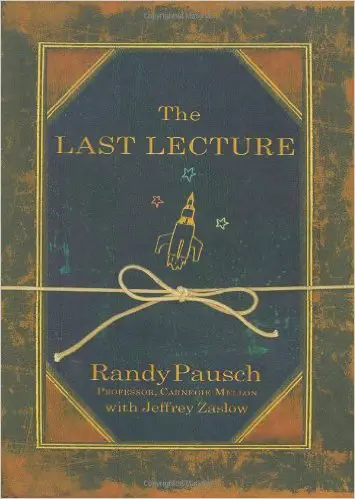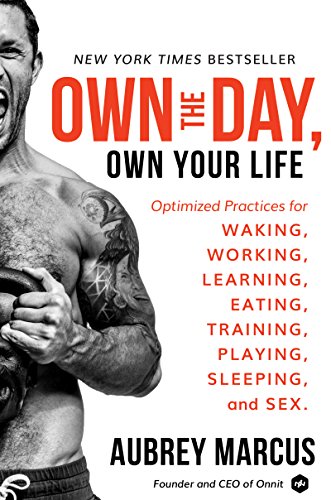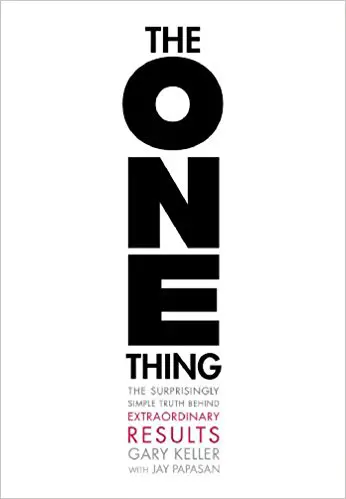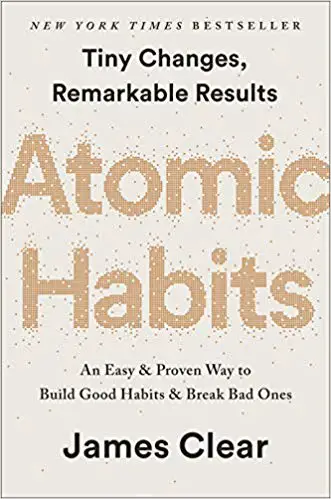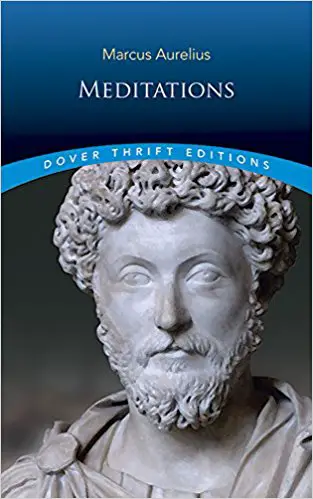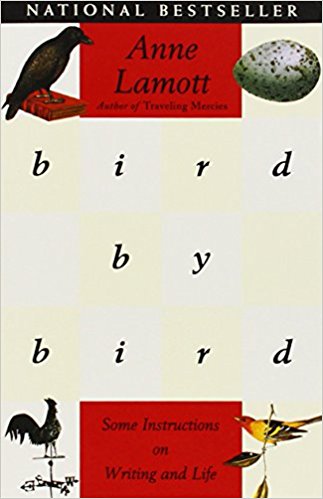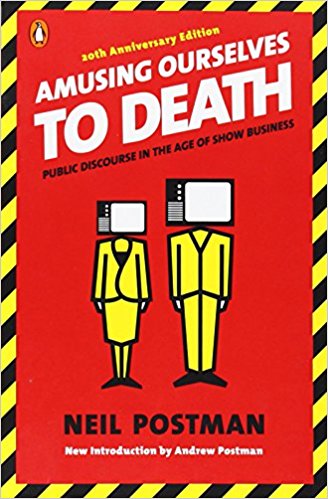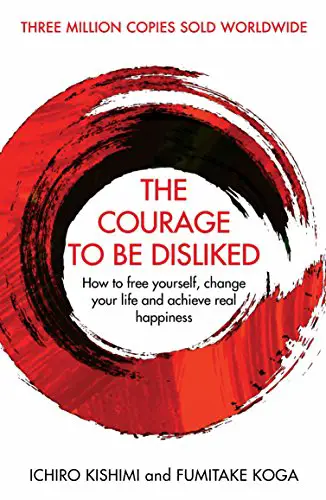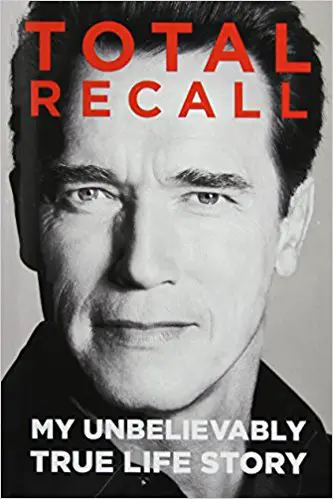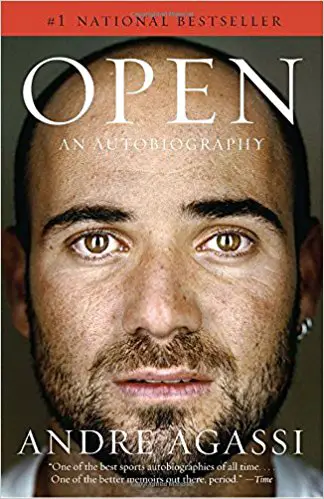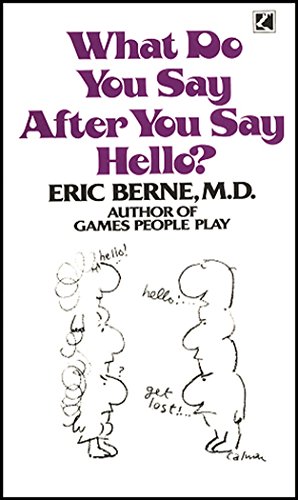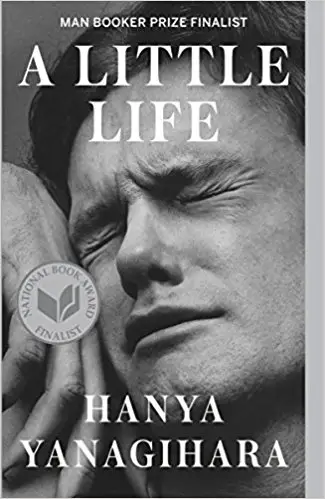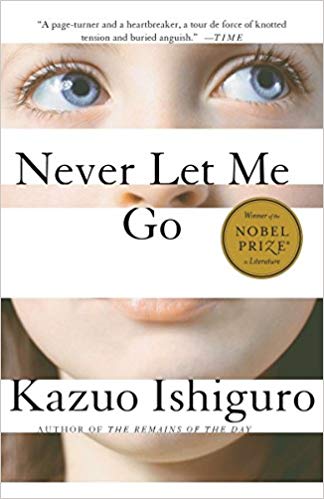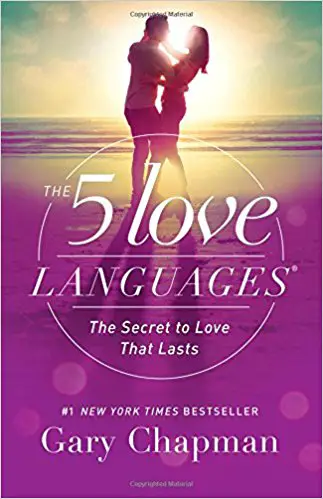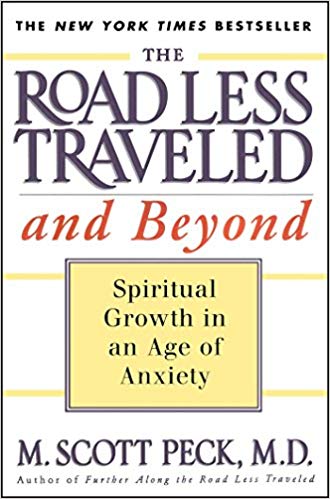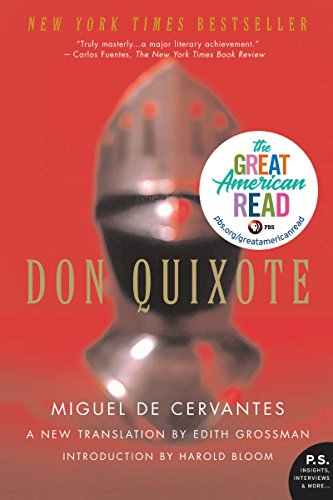Best Books Read in 2018 by The CEO Library Community
Curious to learn what books do the members of The CEO Library community recommend? We asked those subscribed to our newsletter what were the best books they read in 2018 and we put their answers together, in one big list. Check all the book-interests and recommendations below!
Thinking, Fast and Slow, by Daniel Kahneman
Recommended by Erik Rostad, creator of Books of Titans project:
“I call 2018 my Year of Kahneman. Until 2018, I had never heard of him but now I see him everywhere. I read this book towards the beginning of 2018 and after that, at least 1 in 4 of my other 52 books for 2018 referenced Kahneman. Not only did they reference him, they built key ideas in the book from Kahneman’s research.
These other books include Homo Deus, Fooled by Randomness, and obviously The Undoing Project (about Kahneman & Tversky).
This was not only a good book, it’s an important and foundational book.”
P.S. Heads up: we just published an interesting interview with Erik Rostad about how he’s able to read more than 52 books in 52 weeks and how he reclaimed his wasted time! Check it out here.
Quiet, by Susan Cain
Recommended by Liliana:
“I have a few `best books` of 2018, but the one that helped me change my perspective towards my everyday life is ‘Quiet‘ by Susan Cain.
At the beginning of last year, my managers and I went through a performance review. And they both agreed that I have what it takes for this job, but need to be more vocal. But at the same time, they really appreciate the fact that I am vocal whenever I have something to say and I know what I’m talking about. That made me rethink my job and my role and I started asking myself so many questions: `what if they’ll never know I am much more than this shy person?`, `what if they think I’m not good enough because I don’t talk all the time?!` and so on. And then I bought the book you recommended, Cristina.
Working in an environment where people are loud, constantly talking and pushing aside anyone who’s not talking just for the sake of talking, I often felt like I will never ever have a place in any company. Because I’m not the person who bullshits her way at work. I listen and try to come up with solutions to suit all parties, if possible. After reading Quiet I realized I just have to find my way to show people my skills without being loud or aggressive in my ways. And that’s what I’ve been doing for the past 6 months. Finding my place without resorting to the bullshit generator. I have removed the pressure I used to put on myself, trying to be something else. Not being happy with the fact that I’m an introvert and trying to pose as an extrovert drained me of so much productive energy. Not anymore.
I was and still am the person who’s willing to do the work, the research and speak whenever I’m confident my work is solid. And Quiet has helped me understand that I don’t need to be loud or aggressive or unleash my ego to find my place and be better at what I’m doing.
Thank you for recommending that book!”
The Hard Thing About Hard Things, by Ben Horowitz
Recommended by Maha Abdelkhaliq:
“Such an enjoyable book to read especially if you are working on your own startup (which I currently am). It feels like a biography, novel and business book all in one. It talks about Ben’s life (the biography part) who is one of the most successful entrepreneurs and venture capitalists of Silicon Valley. Its a narrative of his experiences and uses storytelling as examples (the novel part) and of course great advice and tips about the startup world (which is not sugar coated and depicts the often overlooked brutal side of entrepreneurship).
Even if you’re not an entrepreneur, this book will offer you a lot of insight, humour and facts that you would find enjoyable and enriching. I enjoyed every page.”
Also recommended by Kerzuah:
“One of the best things i did last year was to subscribe to your newsletter. That’s a start. In order to keep this email under a three minute read, I will skip and go straight to my best book for 2018, Ben Horowitz’s The Hard Things About Hard Things. I was at a point where i was beginning a new enterprise and was (still am) struggling.
One major takeaway from his book is the phrase ‘if you are going to eat s***, don’t nibble’. A statement profound on a number of levels.”
Hedge: A Greater Safety Net for the Entrepreneurial Age, by Nicolas Colin
Recommended by Dan Colceriu, author of “Strategy, Digested” newsletter:
“My favourite book in 2018 was HEDGE by Nicolas Colin. The book resonated with me in many ways, but the two most important angles would be:
As a corporate strategist in the fintech vertical, the book has captured my imagination by surfacing a few important paradigm shifts, such as the rise of the multitude as a power structure in the corporate value-chain (end-users are now both consumers and suppliers), the implications of increasing returns to scale to business models, and the imperative of reinventing consumer finance and insurance based on how people will live and work in the future (more hunting, less settling, changing jobs faster, the new reality of continuous risks that are now part of people’s lives). As I grasped with this perspective, and then re-assessed the current fintech landscape, it gave me a new theory about the startups that might be the winners in this space – because there’s a difference between radical reinvention of finance and the simple digitization of it, by applying a layer of tech on top of existing practices.
Personally, the book resonated with me mostly by flagging the asymmetry between today’s job market realities (people hunt more and the career is re-defined as a series of gigs across the world), versus the policymakers’ failure to grasp with these new realities and create new institutions that are designed to remove the friction that comes with this unprecedented geographical and economic dynamism. Having changed countries twice in the past 2 years, I experienced first-hand the downside of economic-hunting and the failure of the current societal infrastructure to serve us – from banking services, to housing, to governmental institutions. But this vacuum creates opportunity, especially for existing or future entrepreneurs as the book clearly illustrates, and this opportunity is what has been keeping me up at night, lately.”
The Last Lecture, by Randy Pausch
Recommended by Trupti Gaonkar:
“This book is written by a professor who has last stage cancer. In this book he has mainly focused attention on attaining childhood dreams. He has asked one question “what you will do if you have everything but time?” A question worth asking? Isn’t it?”
Also recommended by Edward:
“A Christmas gift that I started right away. It’s succinct in just the way you would expect from a man dying of cancer. Definitely a perfect read to end the year and remind me of what really matters in life while also dispensing some much needed advice.
One of the things Randy mentions a few times is the idea that the brick walls in life are there for a reason, they give us a chance to show how badly we want something. Much like the protective layers you’ve set up to escape junk information, if it’s important enough, it’ll get through.”
Sapiens & Homo Deus, by Yuval Noah Harari
Recommended by Andra Zaharia, Freelance Content Marketer at The Content Habit:
“I started 2018 by reading Yuval Noah Harari’s Sapiens and Homo Deus books, which I strongly believe should be read together.
The ideas within had a profound impact on my perspective, influencing how I make decisions and also how I evaluate and perceive other non-fiction books.
The value of Harari’s books lives beyond hype because they deliver essential insights about human nature that help me navigate complexity and uncertainty.”
P.S. we interviewed Andra back in 2017 – in case you missed our interview and you want books to help you become a better marketer, you can read it here.
Sapiens was also recommended by Wasim Shaikh, and Erik Rostad recommended Homo Deus (mentioned above).
Getting to YES with Yourself, by William Ury
Recommended by Kate Fisher, teacher of English as a Foreign Language:
“One of the best books I read last year was one that I had read earlier and kept on my bookshelf. It is actually about remaining calm. 🙂 I turned to it when I was caught off guard with some information that caused me to react without first going to my calm place. Whew! Did I need to review these ideas! So I’m sure you’re wanting the title. It’s Getting to YES with Yourself by William Ury.
I’ve admired William Ury as a world-famous mediator and negotiator for years. In this book, he takes what he’s learned and applies it to personal relationships and gives it a structure of 6 helpful steps. He writes, “I came to realize that, however difficult others can sometimes be, the biggest obstacle of all lies on this side of the table… none other than the person I see every morning in the mirror. That “aha!” was the genesis of this book.” (from the preface, xiii)”
Own the Day, Own Your Life, by Aubrey Marcus
Recommended by Patrick Hayes, founder of TitanTribute.com:
“Best book I read in 2018, and the only one, was Own The Day, Own Your Life by Aubrey Marcus.
Enjoyed it because it touches on every single aspect of your day, and how to make each day better than the last. A lot of information (backed by sources) is made easily digestible so changes can be implemented without thought. I even bought it for a handful of friends so they can reap the same mindset shift I did.”
The ONE thing, by Gary W Keller and Jay Papasan
Recommended by Gerardo Rico:
“This book changed the approach I had to my goals.
From working at a focused One thing at a time, to continuously asking me the focusing question in order ti understand what the priority of the time should be.
Thanks a Lot for your recommendations Cristina. This year I’m starting my business and you’re a great guide and inspiration.”
Atomic Habits, by James Clear
Recommended by Marius-Gabriel Rusu:
“There are quite some self-help books I read, but this one really remained with me because of its “will do” way of thinking. It doesn’t philosophize the concept of habit making, but gives you a minimal guide to better yourself each day. Many of the ideas in the books are, like in some other self-help books, obvious once you read them, but you have to actually see them to be conscious of them.
Thus, I started brushing my teeth each night with small steps, became more regular in my runs (also, through David Goggins’ “Can’t Hurt Me” I gain more track, but that’s another story to tell), and recently started a joint-habit with my girlfriend by washing the dishes each night and having a clean sink (you know you love that clean looking sink).
Meditations, by Marcus Aurelius
Recommended by Vincent Llanas:
“It gave me a lot of applied knowledge and wisdom I have been able to use in my own life with the philosophy of Stoicism. A lot of the ideas in the book are ideas I have thought about before, and Marcus Aurelius really delves deep in those ideas and help me find solutions to some problems those ideas can cause. Things like death, handling other negative people in our lives, getting out of bed when I don’t want to, and many others. The book also didn’t feel like a bunch of theoretical thoughts, it felt like I could act on what I read which I have done.
Overall, if you have any problems in your life that have a serious negative impact (don’t we all), Meditations can certainly help you solve some of those problems and more.”
Bird by Bird, by Anne Lamott
Recommended by Gabriela Deleanu:
“Book of the 2018 for me must be Bird by Bird, written by Anne Lamott. The entire title says “Some Instructions on Writing and Life”, and I started to read it in order to improve my writing skills.
Surprisingly (or not), I learnt many more things at a personal level, the most important being patience. It’s hard to be patient in these times when almost everything is available on-demand, but you have to understand that things take time and not everything is under your control. While you’re patient, “you ca make the work a chore, or you can have a good time”.”
Recovery: Freedom from Our Addictions, by Russel Brand
Recommended by Răzvan:
“My favorite was Russel Brand’s book Recovery:Freedom from our addictions. It’s a deconstructions of the popular 12-steps written in a style that I found compelling, funny and really raw. The main idea is that we are all addicted to something but the big idea that stuck with me is that you can’t do it alone. He also re-named the steps and the first one is: “Are you a bit f*ked?”
If you don’t want to read the book this is a good intro.”
Personal History, by Kay Graham
Recommended by Dollores Benezic:
“Personal History compiles Kay Graham’s memoires – a strong woman, as she managed to overcome two of the hardest challenges someone could face: raised by a famous mother, that none of her children could raise to her expectations, and stayed for more than 20 years in the shadow of a brilliant, but abusive husband, who crushed even the slightest bit of confidence in herself that she found for a short while before getting married. Rebounding spectacularly after these two cornerstones at the age of 46, she saw herself in the position of taking over a media company that her father and husband nurtured until then – Washington Post Company – though no one thought she’s capable. And she’s done so well for almost 20 years that with that newspaper, a few good journalists, and a lot of good fortune, she managed to influence the first resignation of an American president – Richard Nixon.”
Amusing Ourselves to Death: Public Discourse in the Age of Show Business, by Neil Postman
Recommended by Tudor Crețu:
“It was a very interesting read. The main idea of the book is that television is making us stupid. Or, at least, it strives to offer TV-shows that entertain the vast majority of people. And I try to say here that according with the Gaussian distribution of intelligence, it would be about 50 to 84% of any population in any country.
But what is there for the brighter people? I assume books, great books, great magazines, human interactions, amazing partners, many hobbies and a constant eager for learning and develop.”
The Courage to be Disliked, by Ichiro Kishimi and Fumitake Koga
Recommended by: Alex Ștefănescu
“The best thing I read was The Courage to be Disliked, by Ichiro Kishimi and Fumitake Koga.
The book is written as a dialogue between a teenager on the brink of adulthood and an elder philosopher. The two discuss freedom, courage, and the ability of a person to shape their live by shaping the understanding of their own experience.
Right from the beginning of the book, the philosopher shatters some of the youth’s most dearly-held convictions, causing a violent, aggressive reaction.The reactions of the youth mimic the mental narrative each of us have when we are confronted with the difference between what is real and what our mind has constructed, to keep us safe.
The book is simply written, touches on psychology without ever using jargon or appealing to authority. The best take-away from the book is that a person can only be responsible for their own self, and that is all the responsibility we need in order to do good.”
Total Recall, by Arnold Schwarzenegger
Recommended by Mihai Hutanu:
“I would first like to thank and congratulate you for the great work you are doing. Over the past year you’ve been a great inspiration and source of useful information for me.
Picking my best read for 2018 was very difficult as I’ve read so many wonderful books last year. However the one I decided to recommend is Arnold Schwarzenegger’s – Total Recall.
The reason behind it is that Arnold’s story is such an inspiration for everyone, especially for people with humble beginnings like me and like most East Europeans.
It’s an easy read, a great book for those who want to start reading more but find other books long and difficult. His life’s story provides great motivation and teachings for those of us who tend to procrastinate and complain about the lack of time instead do what is needed. I would have never thought there is so much to learn from the Terminator. :)”
Open: An Autobiography, by Andre Agassi
Recommended by Bogdan:
“I grew up watching him on TV, play tennis, and then reading about everything that was going on behind the scenes was just WOW!!! I enjoyed his story a lot. I highly recommend it.
I’d also like to mention ‘I’m OK You OK’ by Thomas Harris (transactional analysis – psychology), ‘Siddhartha’ and ‘Living with a SEAL’ – I finished this year, though I started it last year.
Yeap…OPEN it is!”
What Do You Say After You Say Hello, by Eric Berne
Recommended by Lavinia Cojocaru:
“It`s a transactional analysis book and was no easy read for me.
It is amazing that I find the book very useful and there are not few the moments when I stop and analyze my behavior and identify one of my states (Child, Parent, Adult). All social transactions can be analyzed using this PAC model. Very helpful, indeed. Always a good exercise to position yourself in the Adult state.
I intend to read it again (or at least parts of it).”
A Little Life, by Hanya Yanagihara
Recommended by Andreea Chiuaru, writer at Blog de Idei:
“In 2018 I read 61 books. I usually read fictional books, but in 2018 I tried to read more non-fiction and one of the projects that inspired me to do so is The CEO Library.
The best book of 2018 for me is ‘A little life‘ by Hanya Yanagihara. It’s a hard book because it talks about so many aspects like violence, self-injury, abuse, sexuality, LGBT etc.
I guess the main thing I learned from this book is that you need to talk about what you feel, even about depression. No matter how many friends you have in your life or how much they care for you, if you don’t let them help, they can’t do much for you.
I know you and Bobby read non-fiction, but, if in 2019 you will want to read one single fictional book, I really recommend you to choose ‘A little life’.
Never Let Me Go, by Kazuo Ishiguro
Recommended by Natalia Dabija:
“I was tempted to choose a non-fiction book (good for our minds), anyway I chose a book for our souls: Never let me go by Kazuo Ishiguro.
I learned from this book how important is to speak clear, in a harmless way, about what we have on our mind. Sometimes, we don’t know how to speak without hurting ourselves or others. Other times, we think this is not important.
Anyway all the misunderstandings with our dearest persons could be managed better if we could speak about what we have in our hearts and minds.”
The 5 Love Languages, by Gary Chapman
Recommended by Ovidiu Lechințan:
“It’s hard for me to choose out of the 114 I read in 2018, but I’d like to recommend one that surprised me with the simplicity of writing and how it went straight to the subject, without eschew. I’m not a passionate reader of books on love or relationships, but, getting out of my reading comfort zone, I discovered a book that I’d offer as a gift (and probably will) to all couples whose relationship lasts for 2-3 years. So, drum rolls please 🙂 the book I’d recommend is… The 5 Love Languages, by Gary Chapman.”
The Road Less Traveled, by Scott Peck
Recommended by Farzan:
“I loved chapter 1 which talks about why it’s important to be disciplined in our lives and what really means to be a discipline person.
Chapter 2 was also very interesting. On chapter 2, the author talks about love and why love (usually) gets boring after some years.
And reading chapter 3 was waste of time (If you’ve read it, let me know what was your take away from chapter 3, because I didn’t understand anything!)”
Don Quixote, by Miguel de Cervantes
Recommended by Priscilla Mendes:
“I chose it because it is one of the most influential books in Western culture, and it is a real treasure in storytelling, philosophy, Spanish language, so I strongly recommend it. I read it while doing along the online course “Discover Don Quijote de la Mancha”, and it was really helpful to understand a lot of nuances I wouldn’t be able to get otherwise. This is a practice I intend to do with my future readings, to explore more their content by participating in courses and discussions whenever possible.”
Extra mentions:
- Designing Your Life: How to Build a Well-Lived, Joyful Life, by Bill Burnett and Dave Evans – recommended by Larry England
- The Obstacle is the Way, by Ryan Holiday – recommended by Namrata, who said that “it completely changed the way I look at my life now.”
Thanks everyone for your notes on the best books read in 2018!
